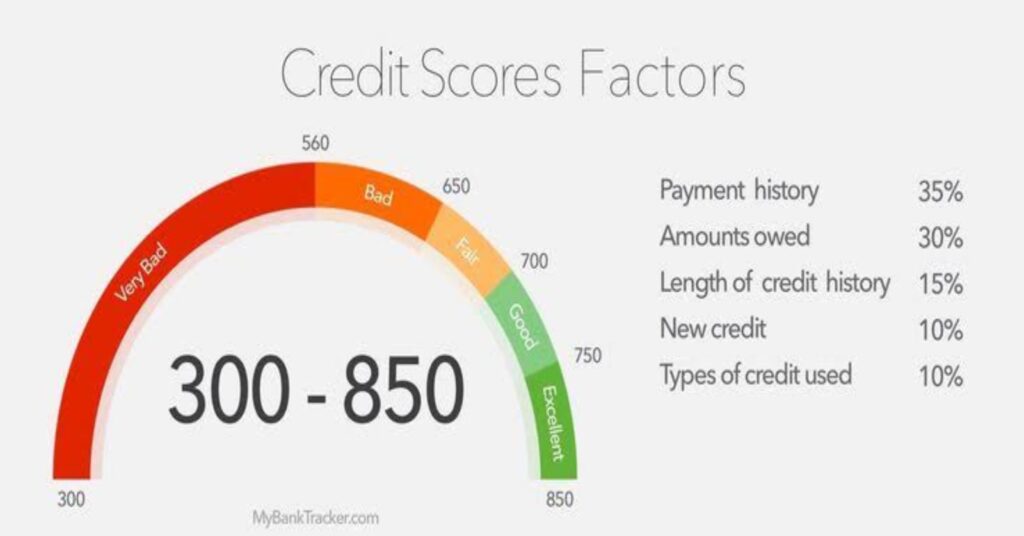If you’re planning to buy a home, your credit score plays a crucial role in determining the mortgage rate you’ll qualify for. A higher credit score can save you thousands of dollars over the life of your loan by securing a lower interest rate. How to Improve Your Credit Score to Get
But what if your credit score isn’t where it needs to be? Don’t worry—improving your credit score is entirely possible with the right strategies. In this guide, we’ll break down actionable steps to boost your credit score and help you secure the best possible mortgage rate.
Why Your Credit Score Matters for Mortgage Rates
Lenders use your credit score to assess how risky it is to lend you money. The higher your score, the more likely you are to get approved for a mortgage with favorable terms. Here’s how credit scores generally affect mortgage rates:
- Excellent (740+): Best interest rates, lowest fees
- Good (700-739): Competitive rates, but not the absolute best
- Fair (620-699): Higher interest rates, possible stricter terms
- Poor (Below 620): May struggle to qualify, higher down payments required
Even a small difference in your interest rate can have a huge impact. For example, on a $300,000 loan:
- 3.5% interest rate: 1,347monthlypayment( 1,347monthlypayment( 484,968 total over 30 years)
- 4.5% interest rate: 1,520monthlypayment( 1,520monthlypayment( 547,220 total over 30 years)
That’s a difference of $62,252 over the life of the loan—just from a 1% rate increase!
How to Improve Your Credit Score Before Applying for a Mortgage
1. Check Your Credit Reports for Errors
Before making any changes, review your credit reports from all three major bureaus (Experian, Equifax, and TransUnion). Errors like incorrect late payments, duplicate accounts, or fraudulent activity can drag your score down.
- Get free reports at AnnualCreditReport.com.
- Dispute inaccuracies with the credit bureaus.
2. Pay Down Credit Card Balances
Your credit utilization ratio (how much credit you’re using vs. your total limit) heavily impacts your score. Ideally, keep balances below 30% of your limit—but under 10% is even better.
- Pay off high-interest cards first.
- Avoid closing old accounts, as this reduces your total available credit.
3. Make All Payments on Time
Payment history is the biggest factor in your credit score (35%). Even one late payment can hurt your score.
- Set up automatic payments for bills.
- If you’ve missed payments, catch up ASAP and request a goodwill adjustment from lenders.
4. Avoid Opening New Credit Accounts
Each time you apply for credit, a hard inquiry is recorded, which can drop your score by a few points. Too many inquiries in a short period can signal risk to lenders.
- Hold off on new credit cards or loans before applying for a mortgage.
- If rate shopping for a mortgage, do it within a 14-45 day window (varies by scoring model) to minimize impact.
5. Keep Old Accounts Open
The length of your credit history matters (15% of your score). Closing old accounts shortens your history and can hurt your score.
- Use old cards occasionally to keep them active.
- If an unused card has an annual fee, ask to downgrade instead of closing it.
6. Diversify Your Credit Mix (If Possible)
Having different types of credit (credit cards, auto loans, student loans) can help—but only if managed responsibly.
- Don’t take on unnecessary debt just to improve your mix.
- Focus on paying down existing debt first.
7. Become an Authorized User (If Needed)
If you have thin credit, being added as an authorized user on a family member’s well-managed credit card can help boost your score.
- Ensure the primary user has a low balance and good payment history.
- Not all lenders count authorized user accounts, but many do.
8. Consider a Credit-Builder Loan
If you need to establish or rebuild credit, a credit-builder loan (offered by some credit unions and online lenders) can help.
- You make payments into a savings account, and the lender reports them to credit bureaus.
- At the end of the term, you get the money back (minus interest/fees).
How Long Does It Take to Improve Your Credit Score?
- Late payments: 7 years to fully disappear (but impact lessens over time).
- Collections/charge-offs: 7 years.
- Bankruptcy: 7-10 years.
- Positive changes (paying down debt, fixing errors): Can show improvement in 30-60 days.
For the best mortgage rates, start working on your credit at least 6-12 months before applying.
Final Tips for Mortgage Approval
- Get pre-approved to see where you stand.
- Avoid big financial changes (new job, large purchases) before closing.
- Work with a mortgage broker who can find lenders that fit your credit profile.
Conclusion
Improving your credit score takes effort, but the payoff—a lower mortgage rate and huge long-term savings—is worth it. By checking your reports, paying down debt, and avoiding new credit applications, you can position yourself for the best possible loan terms.
Start today, and you’ll be one step closer to owning your dream home with a mortgage you can afford!

